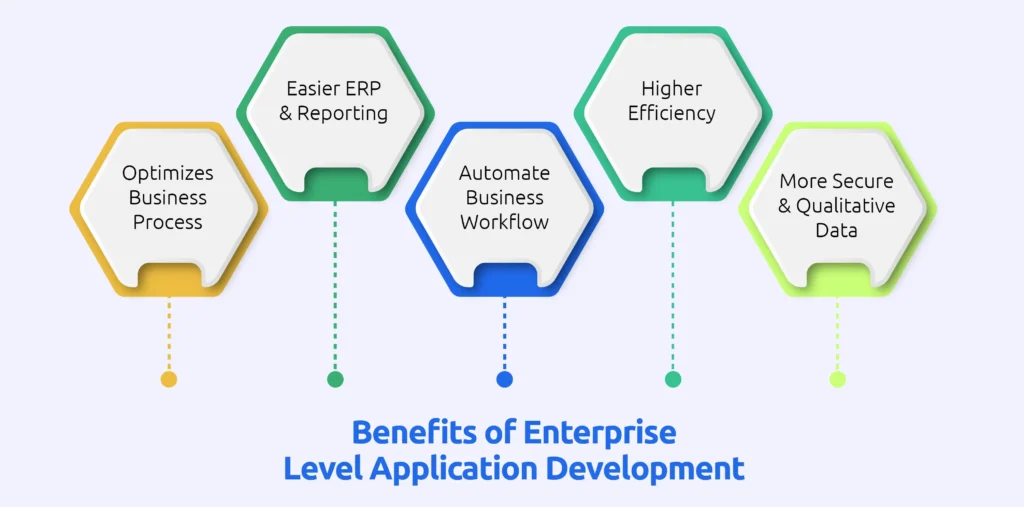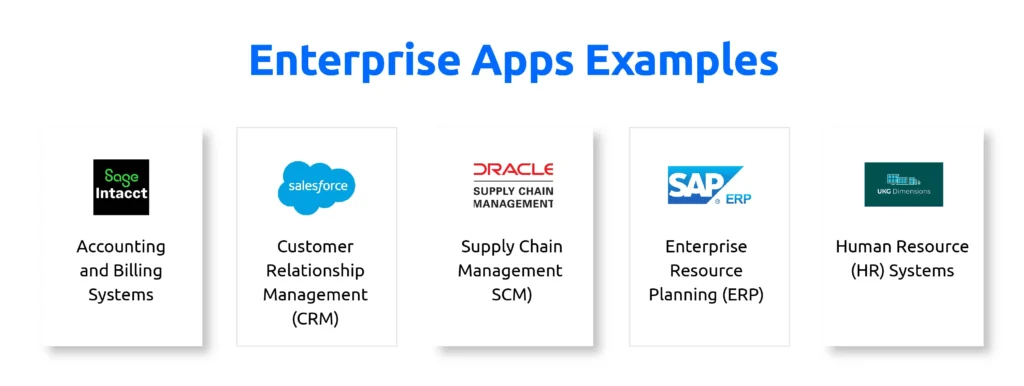
Top 12 Software Development Methodologies for Effective Project Management
As digital transformation accelerates, businesses are increasingly committed to developing scalable and feature-rich software solutions that address both internal and

Accelerate your time-to-market with unmatched quality through our subscription-based development services

Accelerate your time-to-market with unmatched quality through our subscription-based development services
Software Development as a Subscription

Security as a Service

Launch Your MVP in 90 Days

Building secure decentralized solutions

Modernize Your Software with AI

Developing smarter software systems


Accelerate your time-to-market with unmatched quality through our subscription-based development services

Accelerate your time-to-market with unmatched quality through our subscription-based development services
Software Development as a Subscription

Security as a Service

Launch Your MVP in 90 Days

Building secure decentralized solutions

Modernize Your Software with AI

Developing smarter software systems


Accelerate your time-to-market with unmatched quality through our subscription-based development services

Accelerate your time-to-market with unmatched quality through our subscription-based development services
Software Development as a Subscription

Security as a Service

Launch Your MVP in 90 Days

Building secure decentralized solutions

Modernize Your Software with AI

Developing smarter software systems


Accelerate your time-to-market with unmatched quality through our subscription-based development services

Accelerate your time-to-market with unmatched quality through our subscription-based development services
Software Development as a Subscription

Security as a Service

Launch Your MVP in 90 Days

Building secure decentralized solutions

Modernize Your Software with AI

Developing smarter software systems


Accelerate your time-to-market with unmatched quality through our subscription-based development services

Accelerate your time-to-market with unmatched quality through our subscription-based development services
Software Development as a Subscription

Security as a Service

Launch Your MVP in 90 Days

Building secure decentralized solutions

Modernize Your Software with AI

Developing smarter software systems

In today’s competitive environment, maintaining efficient and accessible services and systems is vital for smooth operations. That is why enterprise applications are essential for large companies. They help in managing customer relations, business intelligence, and supply chain management. These enterprise level application systems simplify business processes, enhance data collection and analysis, and improve communication with customers, colleagues, and suppliers. However, compatibility issues often arise, leading to inefficiencies. Apart from this, enterprise software development is a key strategy employed by companies of all sizes to address challenges and enhance operational efficiency. According to Statista, the enterprise application development market is expected to reach $295.20bn in 2024.
In this blog, we will learn what is enterprise application, what is the most important benefit of an enterprise application, examples of enterprise application and all you need to know about enterprise application development. Let’s start:
An enterprise application or EA is a large software system. It is mainly used by businesses or government organizations to manage their operations. It means it is developed for large scale companies. These applications are designed to help different departments work together more efficiently and reduce the complexity of large tasks. They integrate various computer systems across a company which helps with smooth workflows and communication. The process of enterprise application development includes designing, building, and implementing software that helps a company achieve its goals more efficiently. These apps are mission-critical, meaning they are essential for the business’s daily operations.
Many organizations have enterprise apps and reaping the benefits of it. There are alot of benefits it provides but what is the most important benefit of an enterprise application is optimization of business process. Lets check 4 more including the most important benefit:

Enterprise apps automate tasks. They transform how your business operates. They use smart technologies like AI and machine learning. These apps dig into complex processes to find areas for improvement. They visualize workflows, spot bottlenecks, and suggest ways to boost efficiency. Implementing these changes helps businesses save money, streamline operations, and gain a competitive edge.
Enterprise application development come with easy-to-use interfaces that simplify planning and reporting tasks. They’re designed to be user-friendly for everyone. From top executives to front-line workers, anyone can use it. These apps also offer customizable reporting tools, letting users create reports based on specific needs and goals. By making planning and reporting more accessible, businesses can make better decisions and achieve success.
With enterprise business applications, businesses can automate workflows and improve efficiency using the latest technologies. Robotic process automation (RPA) tools take over repetitive tasks, allowing employees to focus on strategic work. These apps also provide workflow orchestration solutions for smooth coordination across departments. Automation speeds up processes, reduces errors, and boosts overall productivity.
Enterprise mobile application development can maximize efficiency across all business areas. They use predictive analytics to help anticipate future trends and make proactive decisions. Real-time visibility into key metrics allows businesses to spot improvement areas and take action. With these tools, companies can optimize resources and achieve greater efficiency.
Security is a top priority for enterprise apps, which use advanced measures to protect sensitive data from cyber threats. Features like encryption, multi-factor authentication, and data loss prevention keep data safe. These apps also ensure data quality through management practices that maintain accuracy and compliance with standards. Data security and quality maintenance helps businesses reduce risks, build trust, and stay competitive.
Enterprise application are software solutions that are designed to handle complex processes, integrate with existing systems, and support the organization’s goals. The process has 6 steps that ensures that the software is scalable, secure, and efficient. Ultimately following these 6 steps when you are developing an enterprise app helps businesses streamline operations and improve productivity. Here are 6 steps:
The initial stage of enterprise software development involves requirement gathering. In this step the development team collaborates with stakeholders to understand the software’s purpose, business goals, and user needs. This phase involves interviews, system analysis, and detailed requirements documentation. The aim is to define the project scope, identify key features, and establish clear specifications to guide the development process.
After requirement documentation, the planning phase starts. It involves creating a detailed project plan that outlines features, approach, timelines, resource allocation, and milestones. It’s crucial to align the development team and stakeholders with project objectives. This involves setting up effective communication channels, defining roles and responsibilities, and identifying potential risks. A well-structured plan keeps the project on track and ensures everyone is working towards the same goals.
The third step is the UI/UX design phase. It is important to create a user-friendly software interface. Designers create wireframes, prototypes, and visual designs that meet user requirements and expectations. The goal is to make the software intuitive and align with the company’s branding. Key considerations include usability, accessibility, and overall user experience. A well-designed UI/UX boosts user satisfaction and engagement, making the software more effective and efficient.
This is the most important step in the whole process as the development phase of enterprise software starts here. It involves code writing, integrating components, and implementing project plans using modern development approaches. Two main methods are low-code development, which uses minimal coding and a visual environment, and no-code development, which allows applications to be built without coding using drag-and-drop tools. These methods speed up development and facilitate the creation of scalable and robust enterprise applications.
Once the software is developed, it undergoes rigorous testing. This testing includes unit testing, integration testing, and user acceptance testing (UAT). it is essential step to ensure it meets all requirements and works as intended. After successful testing, the software is deployed for real-world application, ensuring its reliability, functionality, and readiness for real-world use.
The last step is maintenance because the software’s functionality and reliability are dependent on its ongoing maintenance and support. This includes addressing bugs, releasing updates, and providing technical support. Regular maintenance ensures the software meets business needs, maintains security, and ensures efficiency. Continuous support is crucial for the long-term success and reliability of the enterprise software.
There are many organizations that adopt enterprise apps. They have seen a significant improvement in their processes and productivity. To better explain what an enterprise application is, let’s look at some examples you may be familiar with:

Accounting and billing software like sage intacct helps manage cash flow by tracking a company’s financial transactions and budget. These applications record expenses and profitability. This allows businesses to keep a clear picture of their monetary value and financial health.
CRM systems like salesforce help companies collect and manage client information. According to statista, Customer Relationship Management Software dominates the market with a projected volume of $89.30bn. These systems enable them to secure leads and ensure customer retention. These systems facilitate sales processes and give customers access to business information, enhancing customer interactions.
SCM solutions for example Oracle SCM allow businesses to manage internal processes and coordinate with third-party partners across their supply chain. By connecting manufacturers, distributors, and retailers, these apps improve communication and visibility, reducing the risk of miscommunication.
ERP systems like SAP help companies manage and integrate key business functions by bringing together processes like finance, HR, and production in one system. This integration enhances communication and information sharing between departments in larger organizations.
HR systems like UKG dimensions store, process, and report employee information, offering insights on staff scheduling, time off requests, recruitment, and training. These apps streamline HR processes and enhance workforce management by providing easy access to employee data.
Many enterprise solutions support a wide range of business processes and needs. If you have unique needs and needs a custom enterprise application, consider doing it by hiring a company that has a reputation in building large scale apps. Vaival technologies is one of the leading software and IT development company providing custom software development services worldwide. We believe in excellence for every phase of the project, leveraging the latest technologies. From concept to delivery, we provide custom solutions for web, mobile and cloud platforms. Our expert team designs and builds scalable, secure, and efficient software solutions tailored to meet your unique needs. We ensure seamless integration and a user-friendly experience that drives productivity and growth.
Enterprise application development is not only about creating software. It’s a strategic approach about building solutions that empower businesses to achieve their goals efficiently and effectively. You should follow a structured development process. By following this, organizations can ensure that their applications are scalable, secure, and capable of supporting their evolving needs. As technology continues to advance, the importance of robust enterprise applications will only grow. With the right approach, businesses can harness the power of these applications to drive growth and success well into the future.


Technical Content Writer

As digital transformation accelerates, businesses are increasingly committed to developing scalable and feature-rich software solutions that address both internal and

The history of software development spans centuries. The software development dates back to the 1950s when the first computers were

In today’s cutthroat and ever-changing business environment, organizations tirelessly seek methods to optimize their processes, reduce expenses, and keep their
Software Development as a Service, provided by Vaival, encompasses a full spectrum of software development services throughout the entire software lifecycle. This includes design, architecture, development, testing, quality assurance, production support, and managed services.
SDaaS offers several advantages:
Vaival utilizes a robust tech stack that includes programming languages such as Python and JavaScript, frameworks like React for front-end development, and Node.js for backend operations, as well as specialized technologies in Web3, blockchain, and AI/ML.
Yes, we have worked with all kinds of businesses from startups to enterprises in developing their software and IT infrastructure. Our SDaaS solution is perfect for businesses who want to scale their project demands fast without breaking the bank or spending weeks on hiring.
No, there isn’t any difference. All plans have the same rigorous QA process in place, ensuring every project is of top-notch quality.
Click on the button below to get started.
Technologies
Insights
All Rights Reserved © 2024 Vaival Technologies